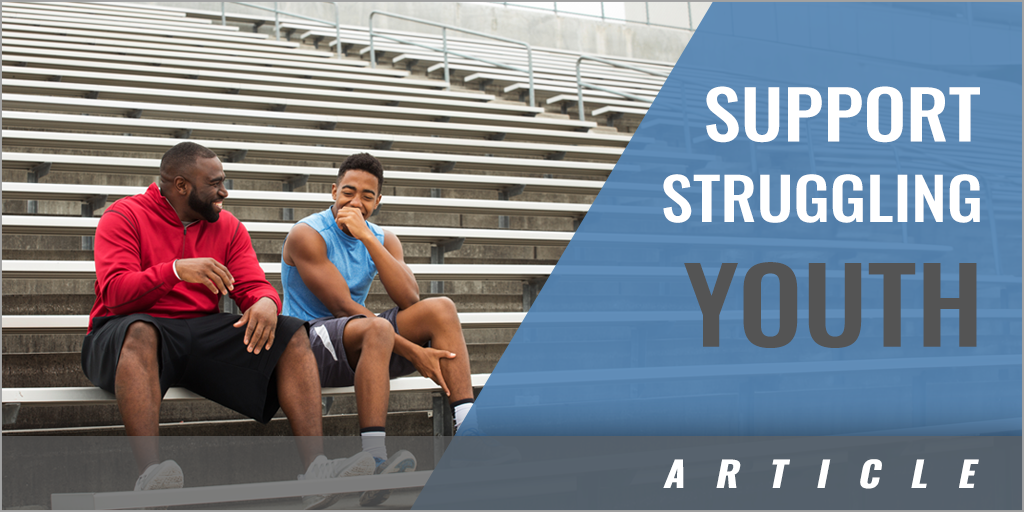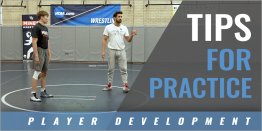|
By: Scott Garvis, CMAA Provided By: NHSACA As a coach, it's essential to support students who come from struggling homes. These kids may face various challenges, and coaches can play a vital role in providing them with a positive and supportive athletic experience. Here's a list of strategies to help coaches coach kids from such backgrounds:
Remember that your role as a coach plays a significant role in the lives of young athletes, and by implementing these strategies, you can make a positive impact on the children coming from struggling homes. Additionally, coaches should remain empathetic, patient, and supportive, as they can be influential mentors and role models for these kids. |







